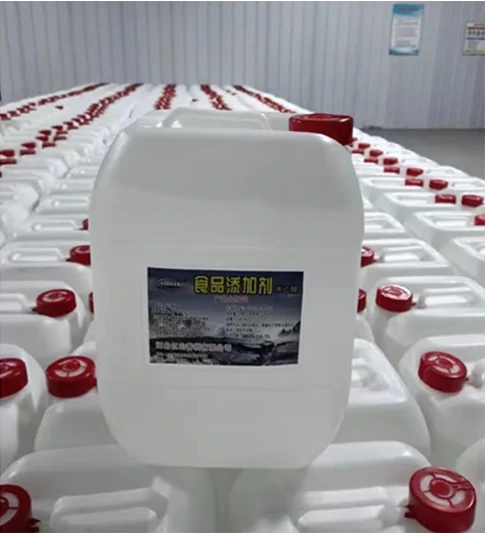
7 月 . 24, 2024 02:38 Back to list
Exploring the Properties and Applications of Bulk Acetic Acid in Industrial Processes and Production
Bulk Acetic Acid An Overview of Its Production, Uses, and Safety
Acetic acid, also known as ethanoic acid, is a vital organic compound with the chemical formula CH₃COOH. It is a colorless liquid with a distinctive sour smell and is primarily known as the main component of vinegar. In the industrial landscape, acetic acid is produced in bulk for various applications ranging from food preparation to industrial manufacturing.
Production of Bulk Acetic Acid
The global production of acetic acid has seen significant growth, driven by its widespread applications. The two primary methods for producing acetic acid are the methanol carbonylation process and the oxidation of hydrocarbons.
The methanol carbonylation process, which accounts for over 80% of acetic acid production, involves reacting methanol with carbon monoxide in the presence of a catalyst. This method offers a high yield and is quite economical. The second method involves the oxidation of ethylene or naphtha, where these hydrocarbons are oxidized to form acetic acid. This method is less common but still contributes to the overall supply.
Leading producers of bulk acetic acid include companies like Ascend Performance Materials, BASF, and Eastman Chemical Company, which utilize advanced technologies to enhance production efficiency and reduce environmental impact
.Uses of Bulk Acetic Acid
The applications of bulk acetic acid are diverse and significant. One of the largest sectors utilizing acetic acid is the production of synthetic fibers, particularly acetates used in textiles and clothing manufacturing. In the food industry, acetic acid is essential as a preservative and flavoring agent, responsible for the tangy taste of pickled products and salad dressings.
bulk acetic acid

In addition to food and textiles, acetic acid serves as a fundamental chemical feedstock for the production of a variety of chemicals and polymers. It is a key ingredient in the production of acetic anhydride, which is used in the manufacture of plastics, and in the synthesis of other chemicals, including vinyl acetate—a precursor for polyvinyl acetate used in adhesives and paints.
Other noteworthy applications include its use in pharmaceuticals as a solvent and in the production of certain medications. Acetic acid's antiseptic properties also make it useful in certain medical applications, contributing to its versatility across various industries.
Safety and Environmental Concerns
While acetic acid is a crucial component in many industrial processes, it is essential to handle it with care. In its concentrated form, acetic acid can be corrosive and may cause severe burns upon contact with skin or eyes. Therefore, occupational safety measures, including appropriate personal protective equipment (PPE), are vital when handling bulk acetic acid.
Moreover, environmental considerations are increasingly important in the production and use of acetic acid. Manufacturers are continually seeking ways to minimize emissions and waste. The development of greener production methods and the utilization of renewable feedstocks are becoming focal points in the industry to address environmental concerns.
Conclusion
Bulk acetic acid is a fundamental raw material with extensive applications across various sectors, including food and beverages, textiles, and chemical manufacturing. As global demand continues to rise, the focus on sustainable production methods and safety in handling is paramount. Whether enjoyed in the form of vinegar or utilized in high-tech manufacturing processes, acetic acid remains an indispensable chemical in contemporary society.
